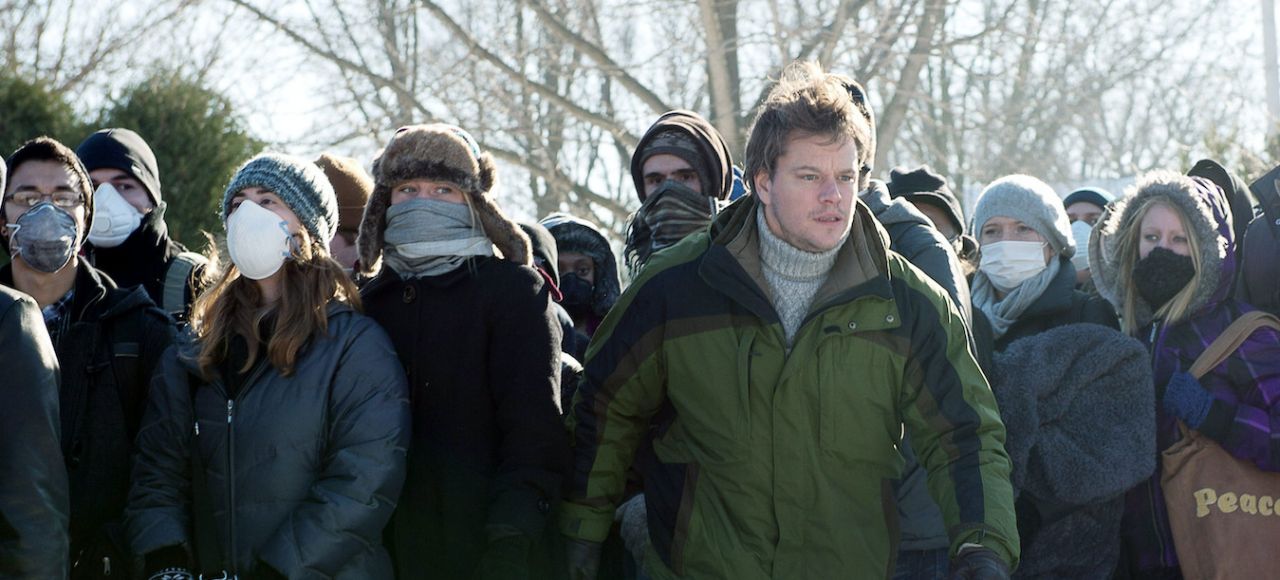The global eruption of COVID-19 has elicited an array of emotional reactions, fundamentally reshaping our outlook on life and the world around us. At this pivotal juncture, Bahá’í teachings provide a profound lens through which to examine these responses. Fear or hope? This dichotomy presents not merely a query but a challenge that beckons us to explore the deeper significance of our emotional landscapes during these tumultuous times.
From a Bahá’í perspective, one might contemplate the duality of fear and hope as it pertains to human experience. Fear, often a natural response to unprecedented circumstances, manifests in anxiety, isolation, and uncertainty. However, is it permissible to yield entirely to that fear? Or does the essence of hope–a foundational pillar in Bahá’í teachings–offer a counterbalance that compels us to confront adversity with resilience?
Central to the Bahá’í faith is the notion that humanity is collectively undergoing a transformative journey. This paradigm posits that external challenges, such as pandemics, serve as catalysts for spiritual and social evolution. Rather than succumbing to paralyzing fear, Bahá’ís are encouraged to view such trials as opportunities for growth, fostering a collective sense of hope that transcends individual hardships. In this light, the challenge we face is to intentionally nurture hope amidst fear, thus enabling a more comprehensive emotional response.
The Bahá’í teachings assert that in periods of crisis, it is imperative to turn inward towards spiritual resources. Individual meditation and prayer become essential tools for cultivating resilience. Engaging in spiritual practices allows individuals to access deeper understandings of their emotions, thereby illuminating pathways to hope. In tumultuous times, the community plays a crucial role as a foundation of support, fostering connections that counteract feelings of loneliness and despair. This communal perspective aligns with the Bahá’í emphasis on unity and collaboration, encouraging members to engage in acts of service, thereby channeling their fears into constructive actions for the benefit of society.
What if we viewed the fear engendered by the pandemic not as an endpoint but as a stepping stone toward enlightenment? It invites an inquiry into how we can leverage our emotional experiences for broader societal advancement. The fear that arises from uncertainty can motivate individuals to seek knowledge and understanding. This search for truth not only nourishes personal growth but also fosters a collective resilience, essential in navigating crises.
In stark contrast to fear stands hope, characterized by the belief in the potential for positive outcomes. Hope inspires proactive behavior and engenders a sense of agency. The Bahá’í faith teaches that humanity is inherently capable of transcending difficulties through unity and cooperation. In cultivating hope, individuals can navigate through despair, envisioning a future where social cohesion, empathy, and love prevail. This collective ambition to foster an uplifting environment allows individuals to turn away from paralyzing fear and embrace a future rife with possibilities.
Moreover, one can argue that the teachings of Bahá’u’lláh advocate for the possibility of transformation in the face of adversity. The notion that “the greatest gift of God is the potential to turn fear into action” provides profound insight during tumultuous times. By redirecting fears into collaborative efforts to combat the pandemic, whether through community service or spreading awareness about health measures, individuals embody the essence of hope while simultaneously addressing legitimate concerns.
As members of a global community, the Bahá’í teachings implore us to harmonize our individual experiences of fear and hope into a symbiotic relationship that bolsters our collective resilience. The pandemic may have illuminated the vulnerabilities inherent within society, yet it has equally unveiled an unprecedented potential for fostering global solidarity. One significant challenge is to transform individual survival instincts into community-oriented actions, thereby shifting the narrative from isolation and fear to collaboration and hope.
This transformative journey requires introspection and action. To grapple with the interplay of fear and hope, Bahá’ís are encouraged to frame their emotional responses within the context of service. Acts of kindness and compassion can manifest as a direct challenge to the pervasive fear engendered by the pandemic. By nurturing an environment of trust and collaboration, we foster hope and affirm the intrinsic interconnectedness of humanity.
In summary, the Bahá’í teachings impart valuable insights on how we can navigate the complex emotional landscape prompted by COVID-19. The challenge lies not solely in recognizing the duality of fear and hope but in the intentional effort to cultivate hope as an antidote to apprehension. By grounding ourselves in spiritual practices, fostering community connections, and redirecting fear into action, we can emerge stronger and more unified. In a time fraught with uncertainties, let us choose to embrace hope, transforming the challenges before us into stepping stones towards a better future. Ultimately, our emotional reactions can become not just reflections of our times but beacons guiding us toward a collective awakening and resurgence.
